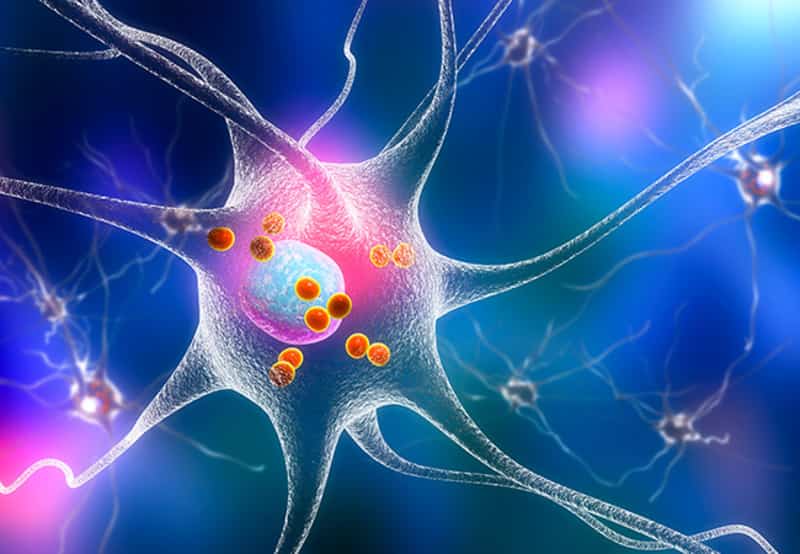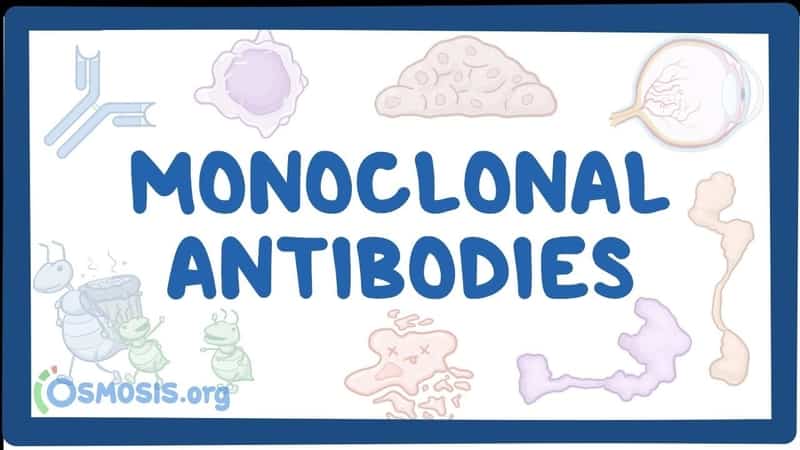Monoclonal antibody drugs are gaining more mainstream recognition and are being included by more doctors in their standard treatment plans for several cancers. These drugs are typically administered intravenously at a frequency determined by the kind of cancer you have and the exact nature of the drug prescribed. These drugs also are used in conjunction with other treatments like hormone therapy or chemotherapy.
What is it supposed to be a monoclonal antibody?
As per https://www.mayoclinic.org, monoclonal antibodies are lab-manufactured molecules that have been engineered for acting as replacement antibodies that could help in enhancing, restoring, or even imitating the assault of the immune organism on the cancer cells. These are crafted for binding to antigens which are usually numerous cancer cell surfaces in comparison to the surfaces of healthy cells. You could have easy access to monoclonal antibodies at your one-stop shop featuring numerous research reagents and Life Science products.

Known Side-Effects
Monoclonal antibody treatments have historically had fewer side effects than traditional chemo treatments, but they do have some rare but serious effects you should be aware of. Speak in-depth with your doctor about past and existing conditions that may conflict with the treatment. Some of the relatively low-risk consequences may include allergic reactions like itching or hives, rashes, nausea and vomiting, low blood pressure, diarrhea and flu-like conditions like fever, fatigue and body pains. These can be countered in a fairly straightforward manner.
You may also like to read: “Elisa Test and the Basic Principles Associated”
Rare but Serious Side-Effects
Despite being a fairly effective treatment, monoclonal antibody drugs do have a few identified, albeit rare, complications. These include:
Reactions to Infusion: Infusion reactions occur while treatment is administered or in the moments soon after. This is why healthcare teams monitor their patients for a while after the treatment, and may also choose to give you some medicine to block allergic reactions before starting the treatment.
Heart Issues: Risk of increased blood pressure, and eventually congestive heart failure or heart attacks has been correlated with some monoclonal antibodies according to some studies.
Blood Issues: Some monoclonal treatments that deliver radioactive particles or are used in chemotherapy have been associated with lowering blood cell counts. The levels could be significantly lowered and might stay that way if not treated appropriately.
Pulmonary Issues: Inflammatory lung disease and other respiratory issues may arise as a rare consequence of monoclonal antibodies.
Bleeding: Some antibody treatments that target cancerous cells and stop them from forming new blood vessels bear an element of risk for internal bleeding.
Skin Issues: Rashes and sores that develop as a reaction to your monoclonal antibody drug treatment could become infectious. Sores and boils may also develop on soft tissue like your gums and cheek lining.
Conclusion: Things to Talk to Your Doctor About
Cancer is a terrible disease and while it should be treated expeditiously, you must not run into a course of treatment without having weighed out the pros and cons with your concerned medical professional. Find out if the kind of tumor that has been detected has been treated or tested against the monoclonal antibody treatments before, and how effective they have proven to be. Ask about studies that show clear evidence of the treatment being effective in slowing the growth of cancer and reducing tumor sizes. You should also know whether this is the first line of treatment or something to be tried if more mainstream options do not work out.
Cost is a major factor, especially for some countries where healthcare is not readily accessible to citizens. You should find out how much the entire course of treatment might cost you and whether your insurance provider covers the same. Side-effects, both major and minor must be covered in-depth so that the doctor is aware of what might happen and what they would need to do in the situation that such a circumstance arises. Finally, some cutting edge treatments may be available to you in the form of clinical trials, and the study may also foot a portion or the entirety of the cost of the experimental treatment.


